Open to Public
An Enemy of the People: A Public Health Project
Adapted, directed, and facilitated by Bryan Doerries
Free Event
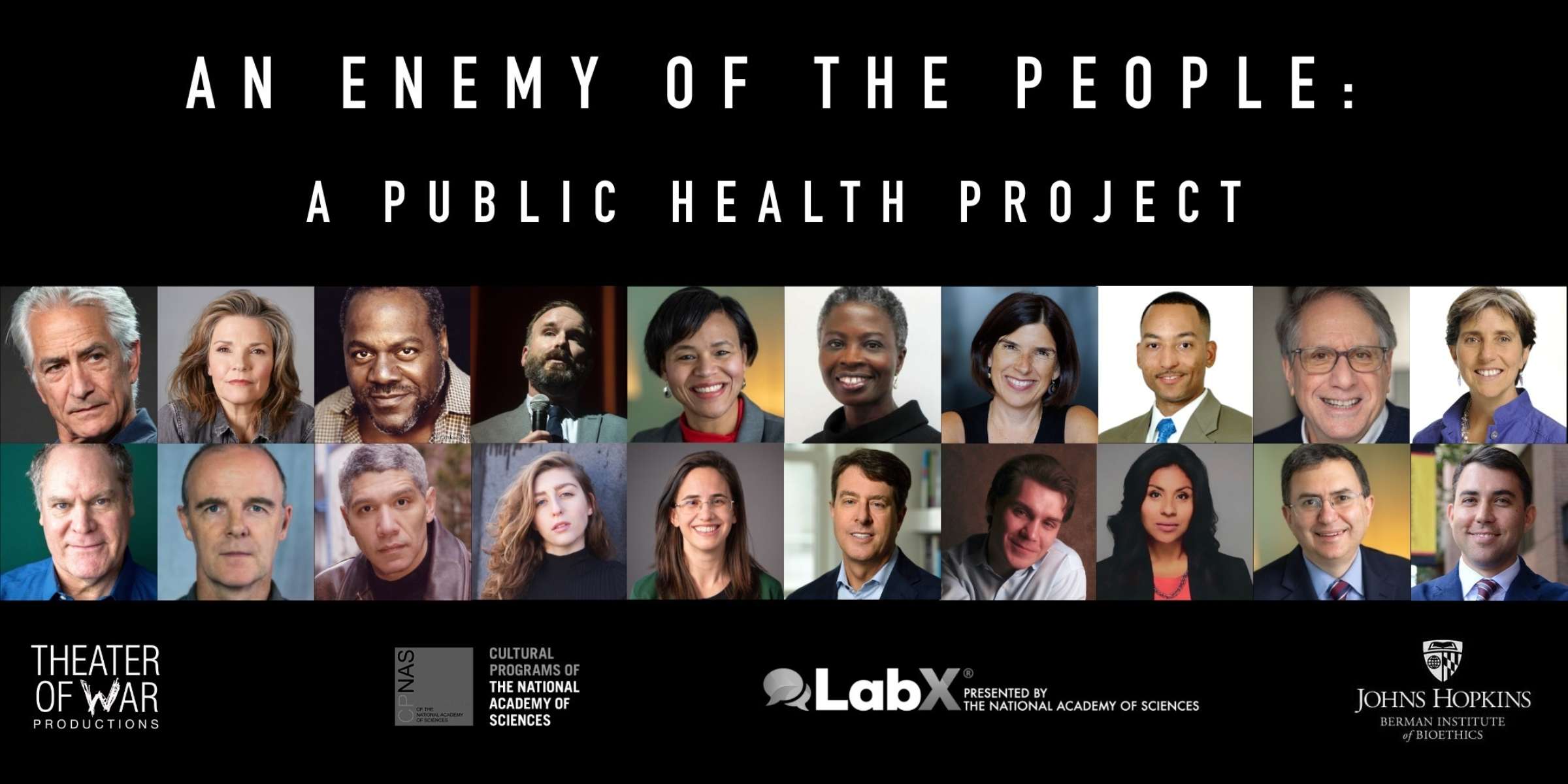
An Enemy of the People will present acclaimed actors, public health leaders, scientists, journalists, elected officials, and local community members performing dramatic readings of scenes from Henrik Ibsen’s 1882 play An Enemy of the People to help frame powerful, guided audience discussions aimed at generating connection, understanding, compassion, moral repair, and much-needed healing. The play tells the story of a doctor who discovers the water supply in his small, rural town has been poisoned by a tannery. Despite his efforts to convey the truth to the public, the doctor fails to save his community from environmental disaster and is ultimately scapegoated for his whistleblowing. An Enemy of the Peoplewas first performed in Norway in 1882, and yet it speaks to the present moment as if it were written for our times — to the corrosive influence of power and money in politics, the distortions of the media, and the many other challenges to public health in our culture today, especially during times of crisis.
Presented by Theater of War Productions, the Johns Hopkins Berman Institute of Bioethics, and LabX – A Program of the National Academy of Sciences, with support from Cultural Programs of the National Academy of Sciences.
Adapted, directed, and facilitated by Bryan Doerries.
Featuring performances by David Strathairn (Nomadland), Frankie Faison (The Wire), Kathryn Erbe (Law & Order: Criminal Intent), Peter Francis James (Oz), Jay O. Sanders (True Detective), Brían F. O'Byrne (The Wonder), Marjolaine Goldsmith (Company Manager of Theater of War Productions), Monica Feit (Executive Director, Health and Medicine Division, National Academies of Sciences, Engineering, and Medicine), Jeffrey Kahn (Director, Johns Hopkins Berman Institute of Bioethics), Keshia Pollack Porter (Chair, Department of Health Policy and Management, Johns Hopkins Bloomberg School of Public Health), Tshaka Cunningham (Chief Scientific Officer, Polaris Genomics), Gloria Addo-Ayensu (Director of Health, Fairfax County Health Department), Emily Packard Dawson (Program Officer, National Academies of Sciences, Engineering, and Medicine), Nancy Kass (Deputy Director for Public Health, Berman Institute of Bioethics), Graham Sack (Filmmaker, Dracopoulos-Bloomberg iDeas Lab Fellow), Grelia Steele(Global Continuity and Crisis Manager, Guidehouse), Peter Marks (Former Chief Theater Critic, The Washington Post), Matthew Frieman (Viral Pathogen Research Professor of Microbiology & Immunology, University of Maryland School of Medicine), and Joshua M. Sharfstein (Vice Dean for Public Health Practice and Community Engagement at the Johns Hopkins Bloomberg School of Public Health).
This event will be captioned in English on Zoom.
This hybrid presentation will take place in person and on Zoom Webinar. If you choose to join us online, this event can be accessed on personal devices. The event Zoom link will be distributed via email and available to registered attendees starting two days prior to the event.
In-person seating is on a first come, first served basis. Registration does not guarantee a seat. Doors open at 6:30pm.
All of Theater of War Productions' events follow the same format:
- The performers will read the text.
- Community panelists will kick off the discussion with their gut responses to what resonated with them across time.
- We will open the discussion to the audience, facilitated by Bryan Doerries. To participate in the discussion online, please raise your hand using the button at the bottom center of the screen. If called upon, please accept the invitation to be promoted to speak and you will be visible and heard by the entire audience for the duration of your comments. If you would prefer not to be seen, please disable your video.
About the play
-
An Enemy of the People by Henrik Ibsen
First performed in Norway in 1882, An Enemy of The People tells the story of a doctor who discovers the water supply in his small, rural town has been poisoned by a tannery. Despite his efforts to convey the truth to the public, the doctor fails to save his community from environmental disaster and is ultimately scapegoated for his whistleblowing.
Cast Members
-
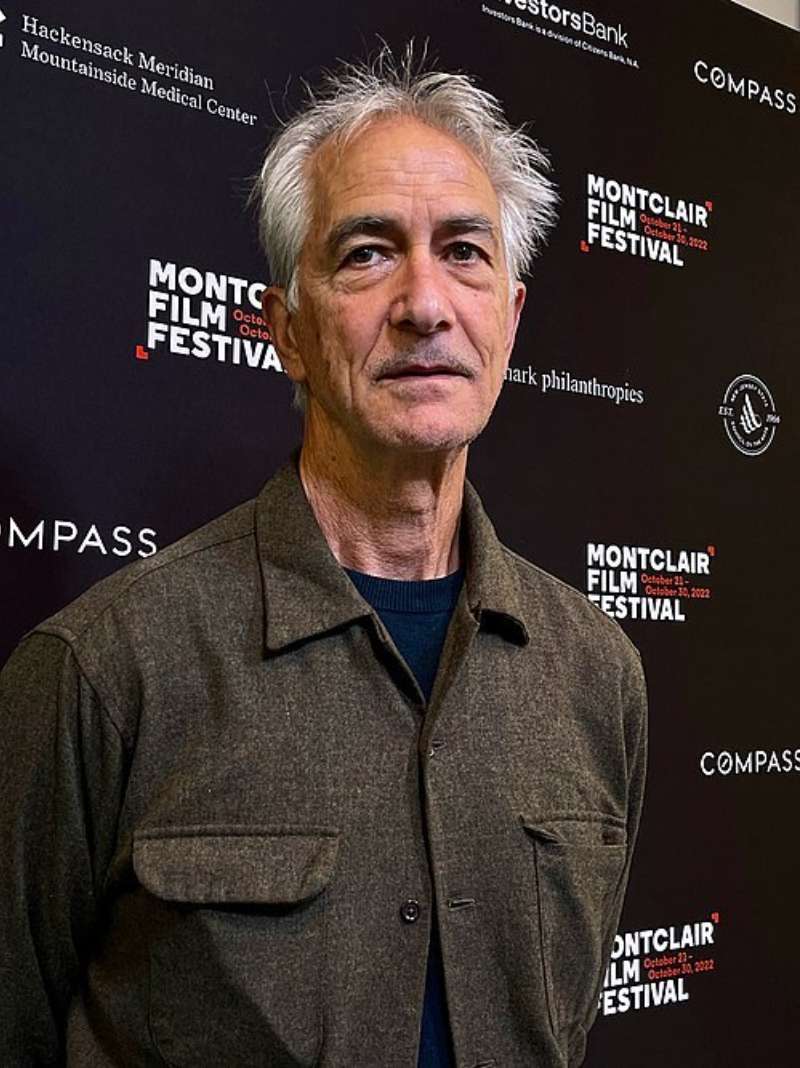
David Strathairn
Dr. Stockmann
-
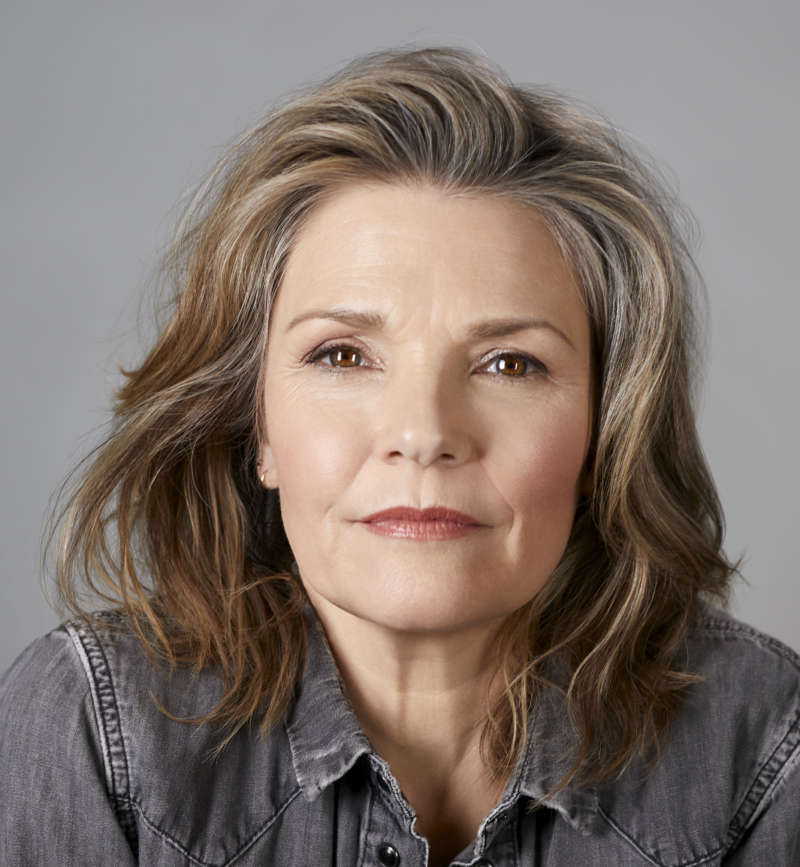
Kathryn Erbe
Mrs. Stockmann
-
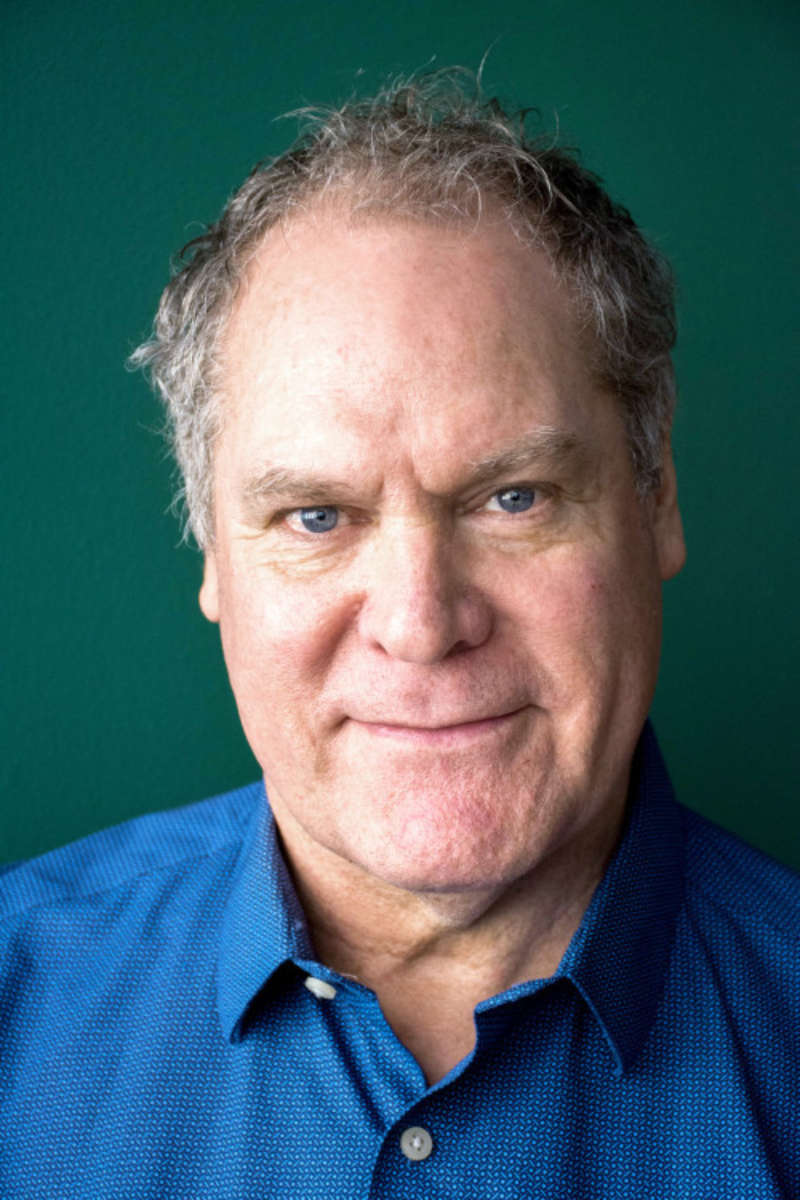
Jay O. Sanders
Mayor Peter Stockmann
-
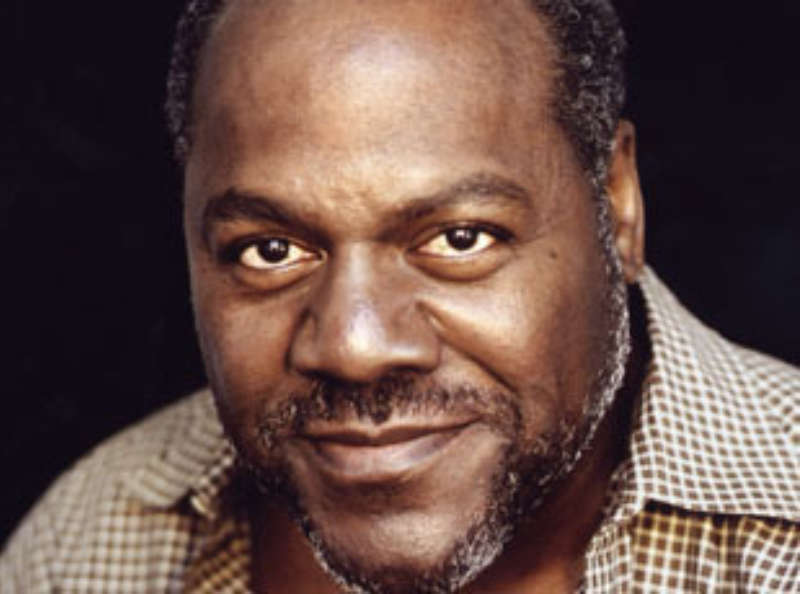
Frankie Faison
Morten Kiil
-
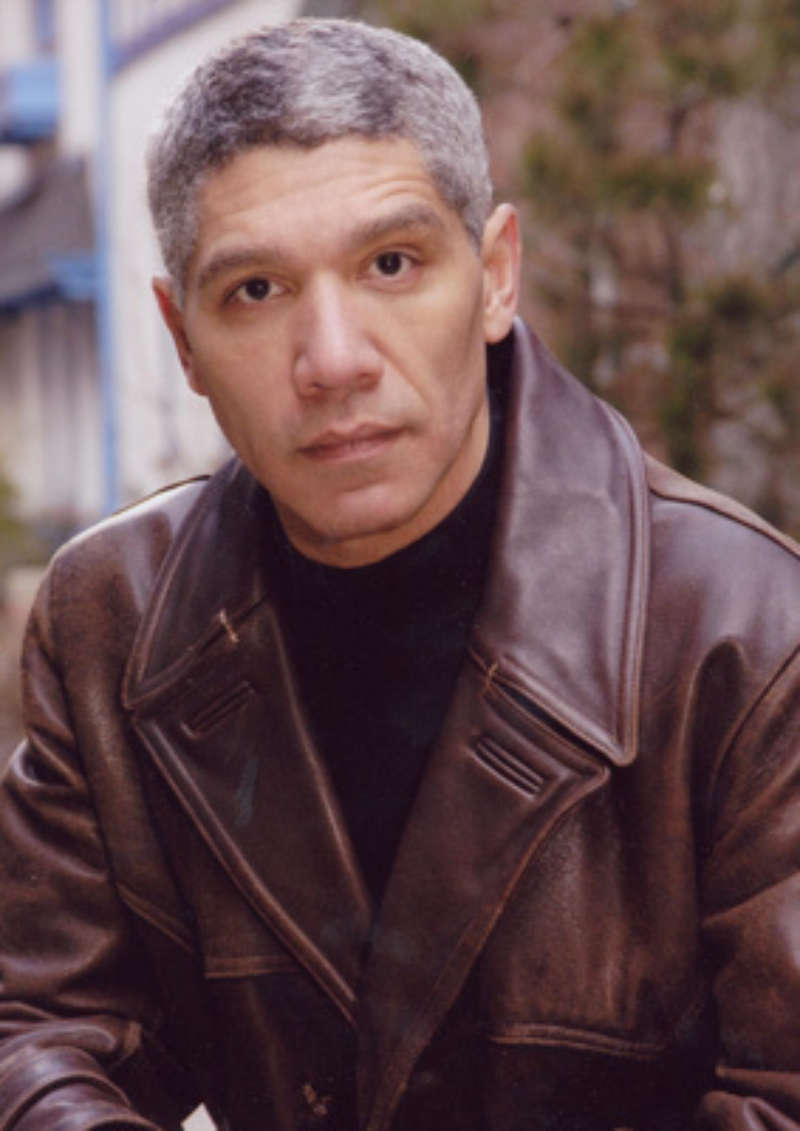
Peter Francis James
Hovstad
-
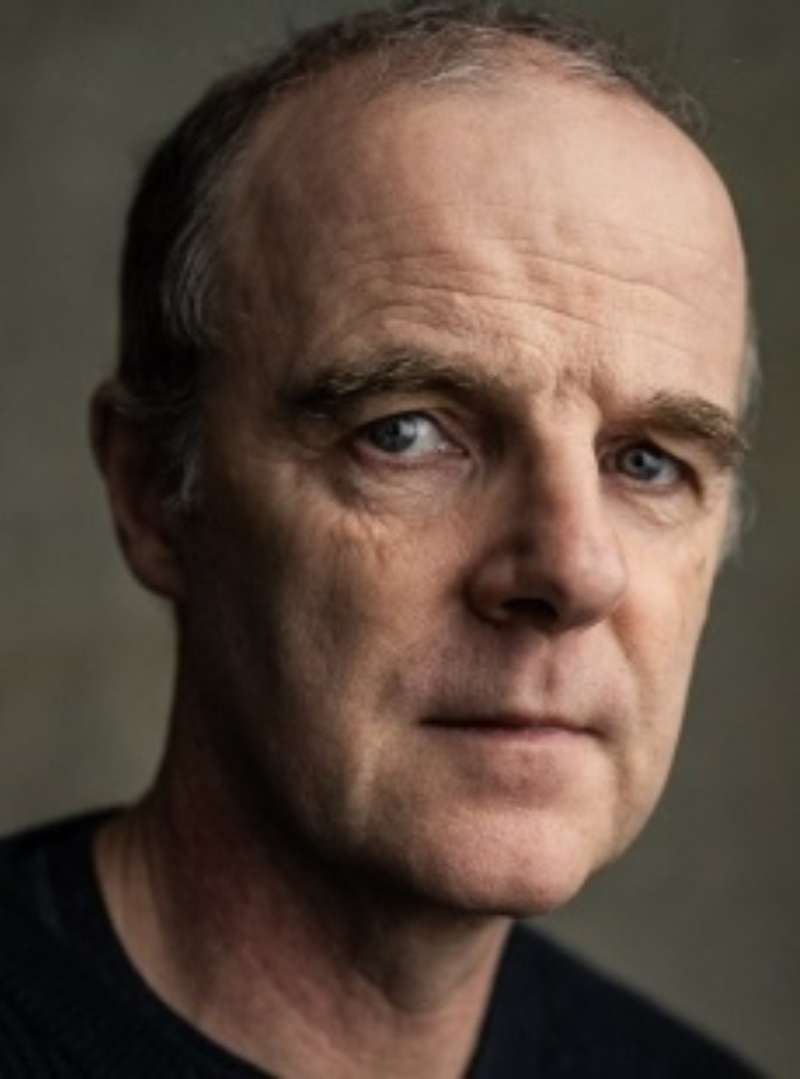
Brian F. O'Byrne
Aslaksen
-

Marjolaine Goldsmith
Petra
-

Graham Sack
Billing
-
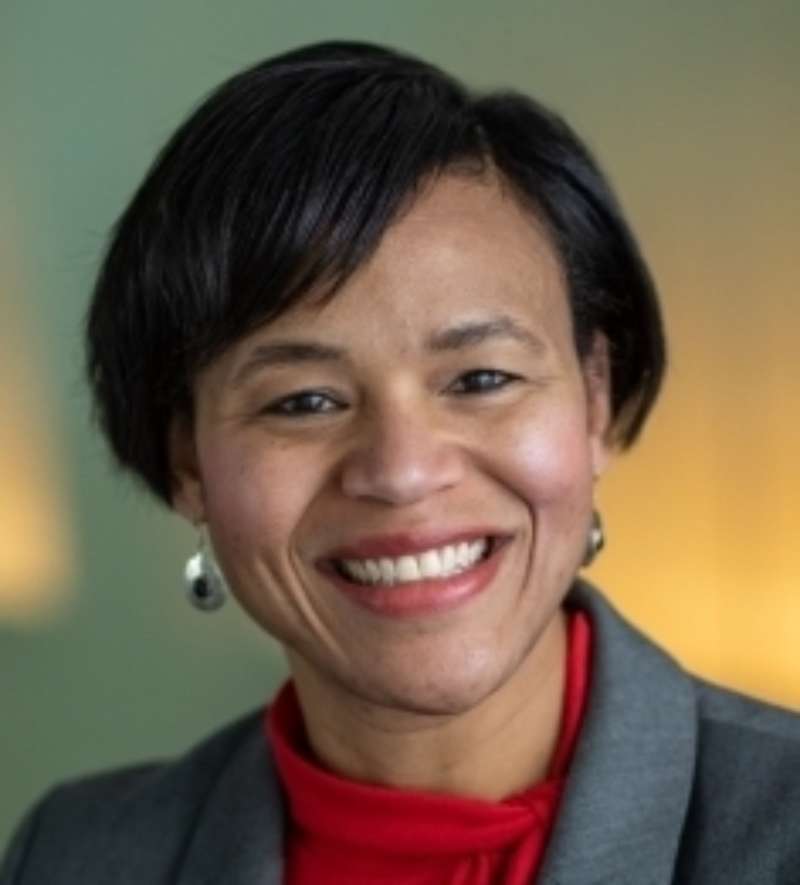
Keshia Pollack Porter
Chorus
-
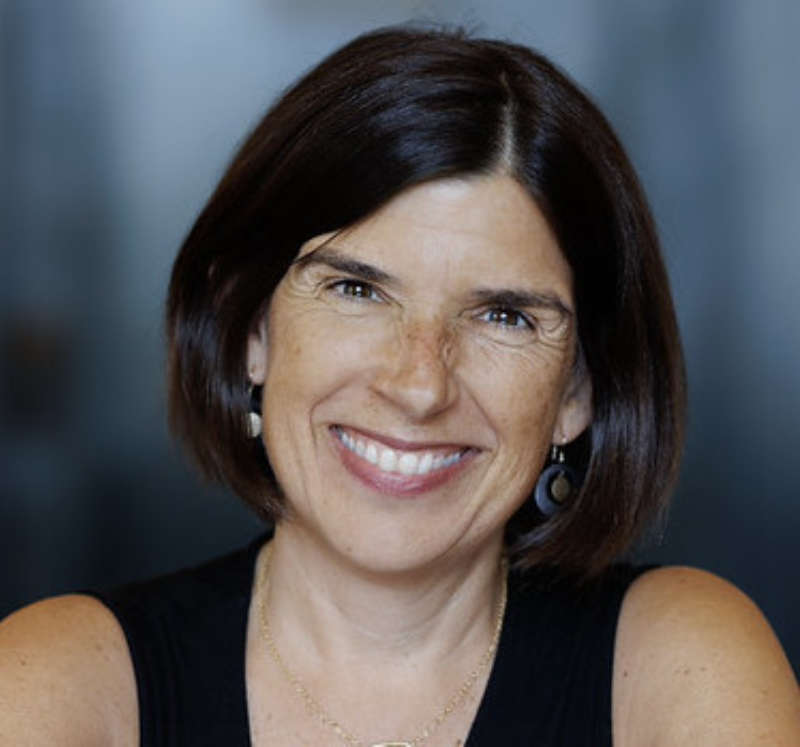
Monica Feit
Chorus
-

Jeffrey Kahn
Chorus / Drunk
-
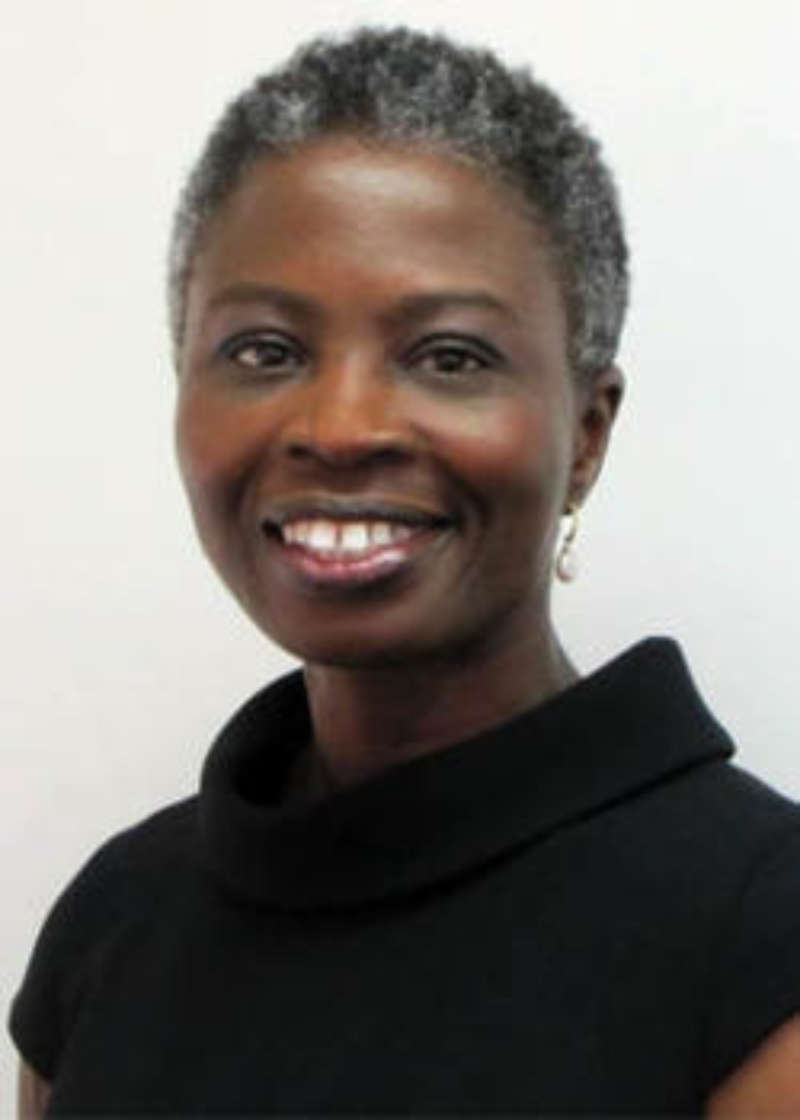
Gloria Addo-Ayensu
Chorus
-
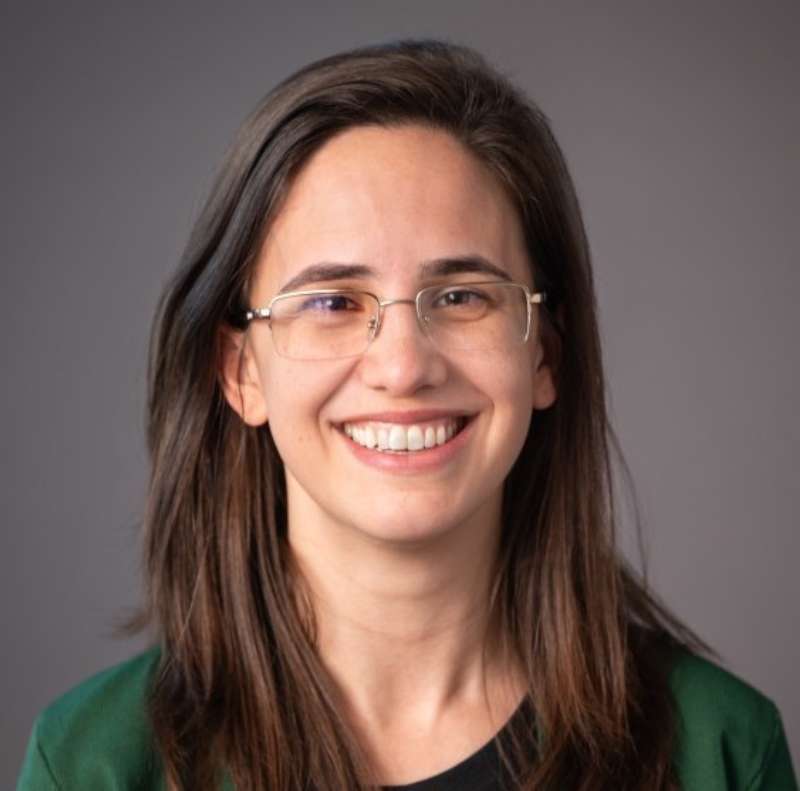
Emily Packard Dawson
Chorus
-
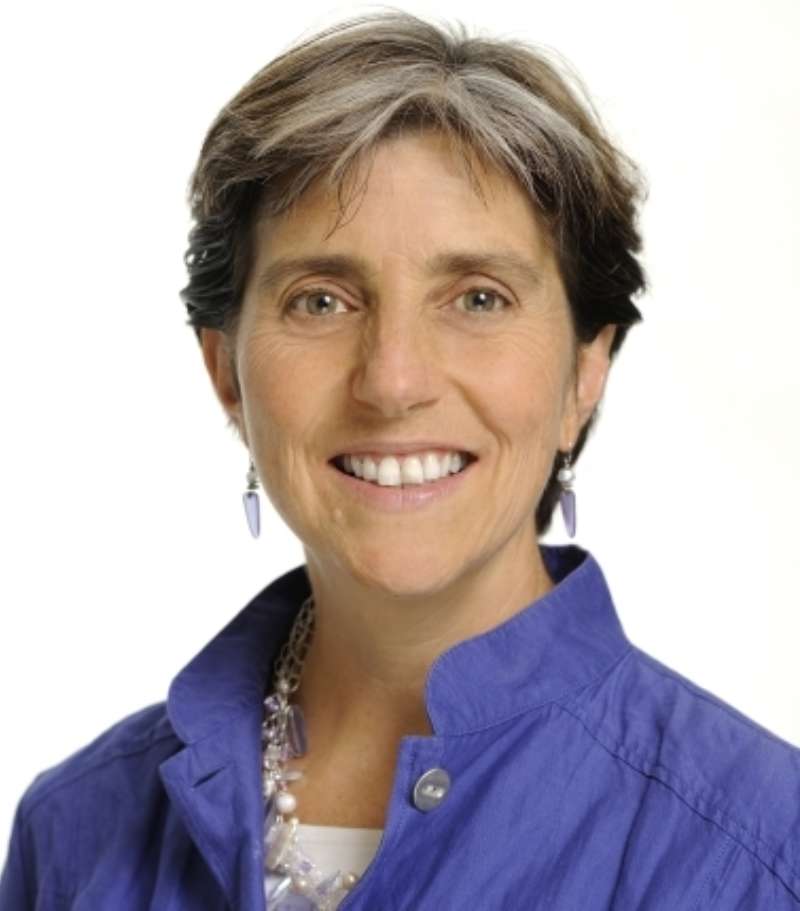
Nancy Kass
Chorus
-

Grelia Steele
Chorus
-

Peter Marks
Chorus
-
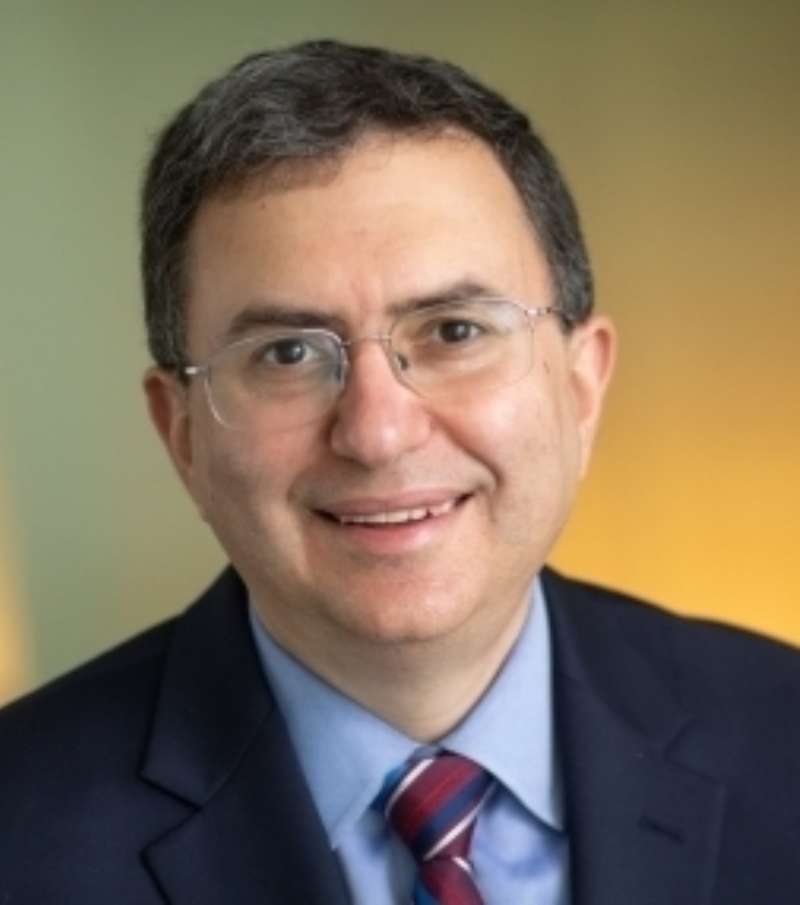
Joshua M. Sharfstein
Chorus
-
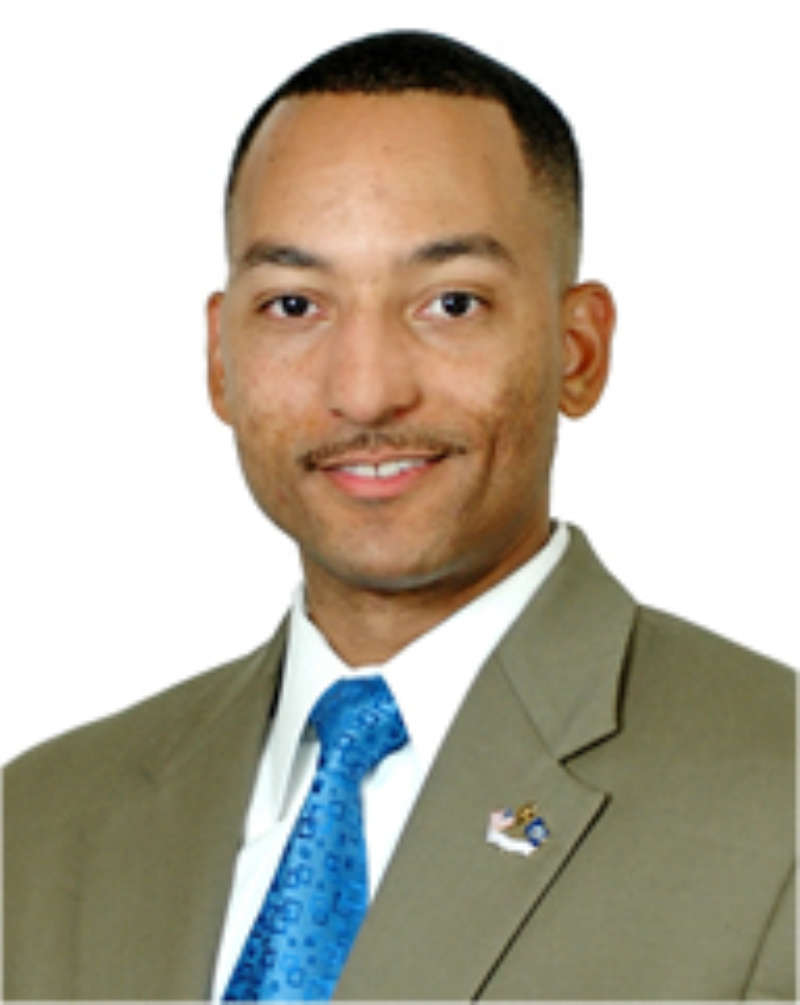
Tshaka Cunningham
Chorus
-
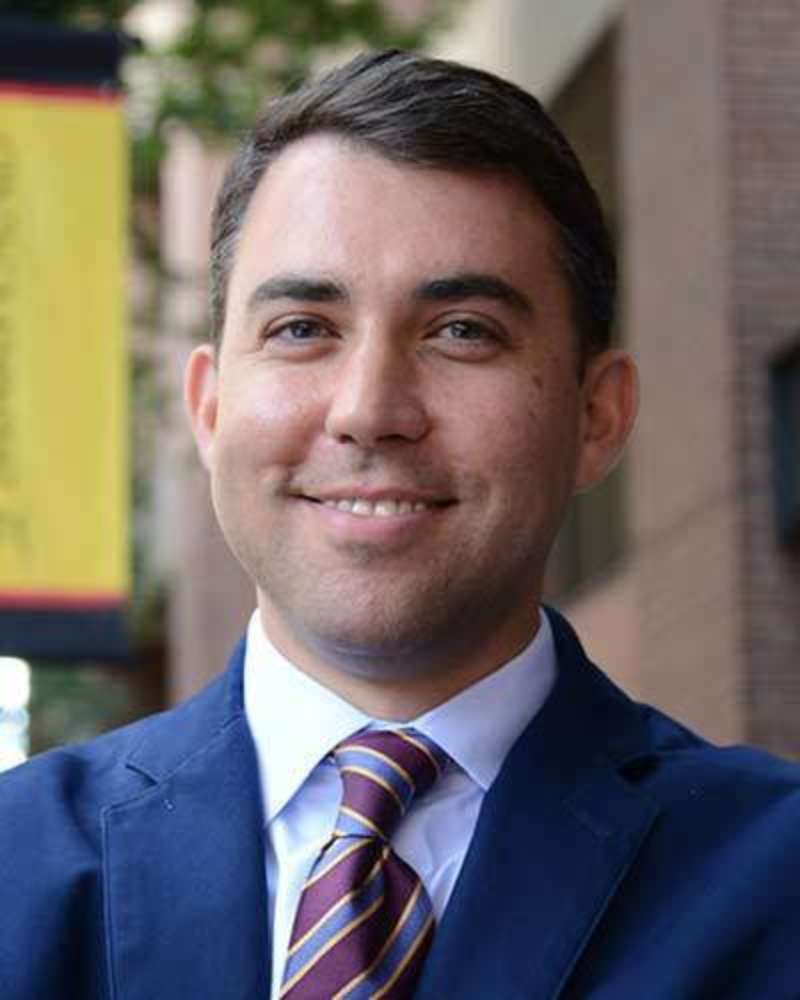
Matthew Frieman
Chorus
Explore Projects
-
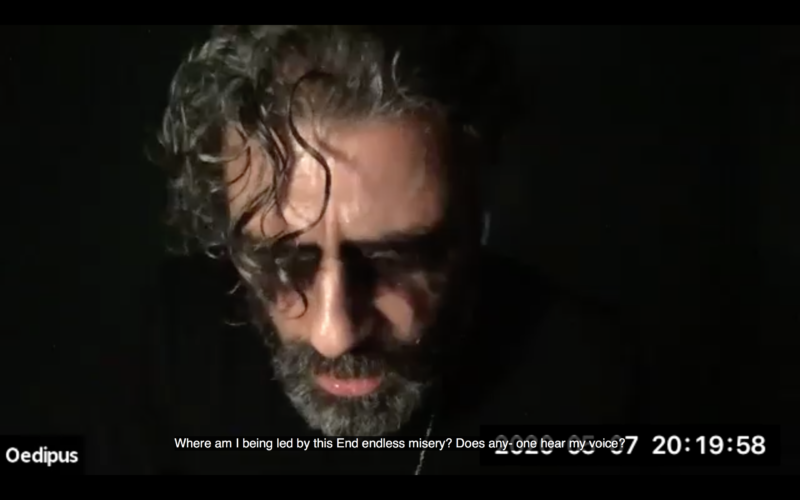 Pandemic & Climate CrisisThe Oedipus Project
Pandemic & Climate CrisisThe Oedipus ProjectThe Oedipus Project presents acclaimed actors reading scenes from Sophocles’ Oedipus the King as a catalyst for powerful, constructive, global conversations about the climate crisis, ecological disaster, environmental justice, and healing online conversations about the impact of the COVID-19 pandemic upon diverse communities throughout the world. Sophocles’ ancient play, first performed in 429 BC, just after the first wave of a plague that killed nearly one-third of the Athenian population, is a story of arrogant leadership, ignored prophecy, intergenerational curses, and a pestilence and ecological collapse that ravages the archaic city of Thebes. Seen through this lens, Oedipus the King appears to have been a powerful tool for helping Athenians communalize trauma and loss, while interrogating their own complicit role in the suffering, not just of those around them but of generations to come.
-
 Addiction & Substance AbuseAddiction Performance Project
Addiction & Substance AbuseAddiction Performance ProjectDesigned to raise awareness about opiate addiction and alcohol abuse, the project is intended to promote dialogue about helping those who are struggling with addiction.
-
 RacismMothers of The Movement
RacismMothers of The MovementA conversation with Gwen Carr—mother of Eric Garner, author of This Stops Today—and Valerie Bell—mother of Sean Bell, author of Just 23—about their tireless work as Mothers of the Movement to end police violence.